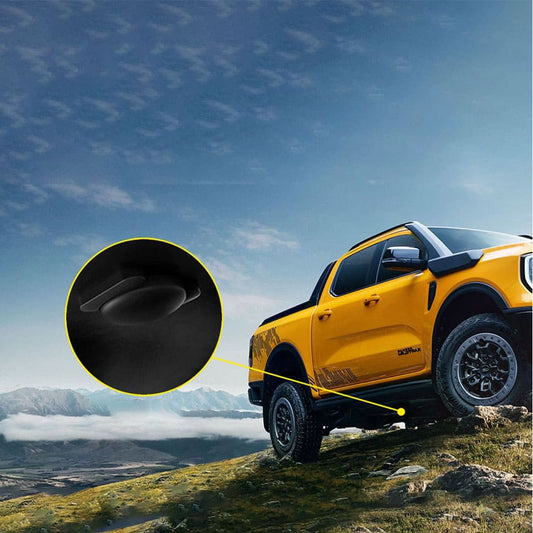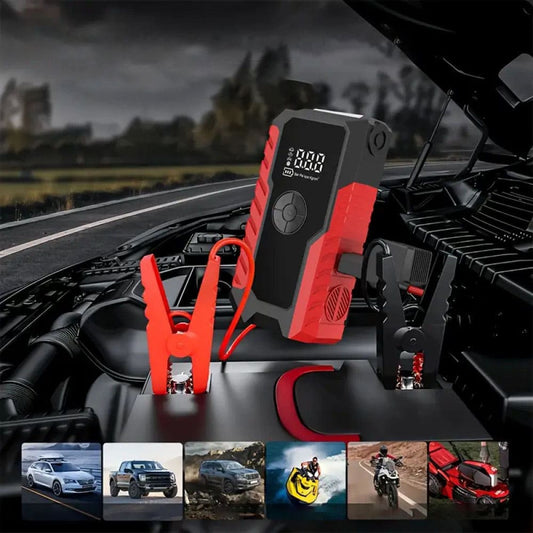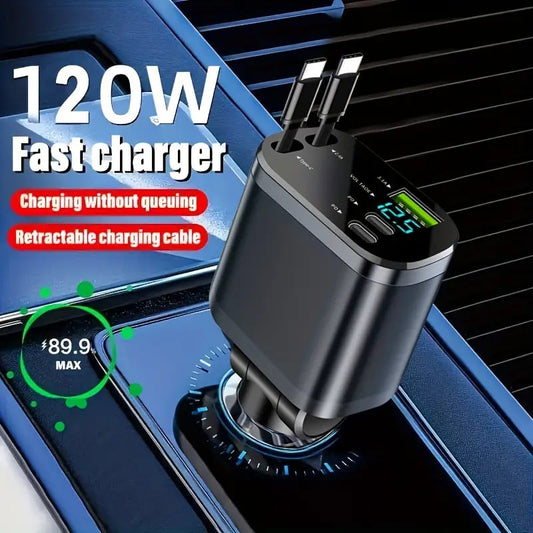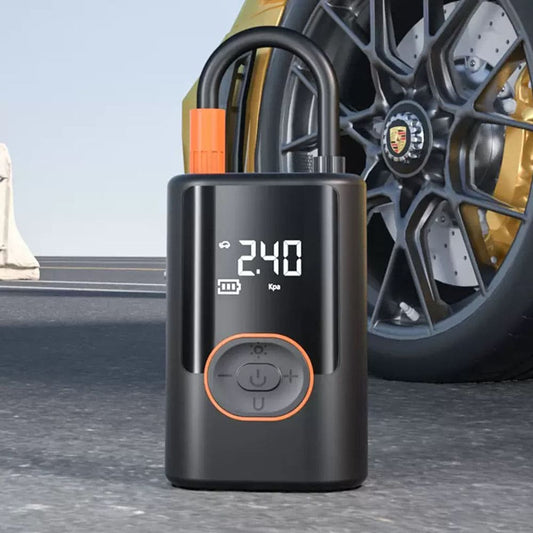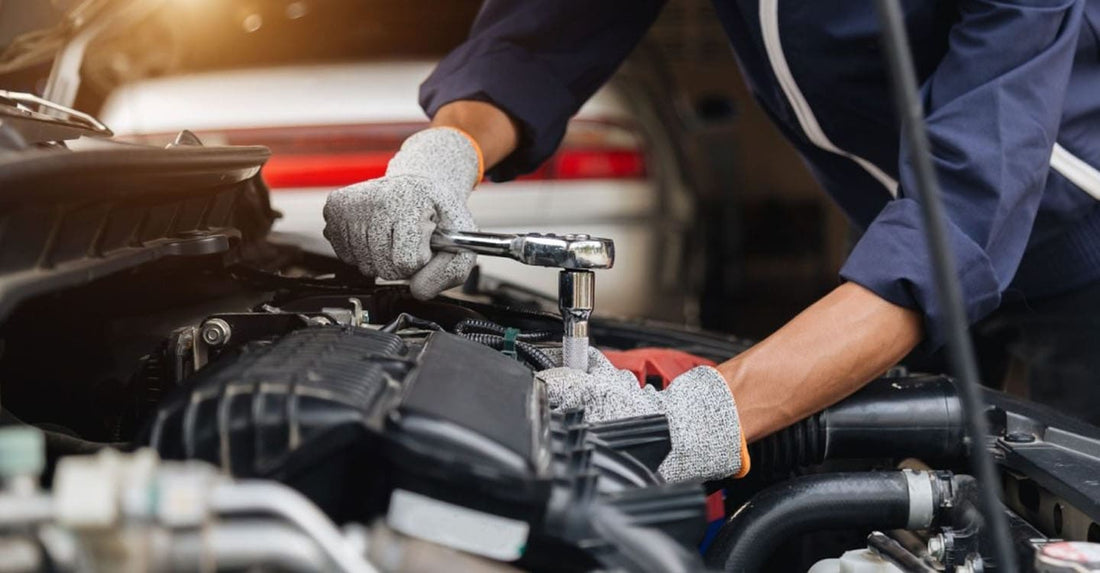
Ultimate Car Maintenance Guide: Tips, Costs, and Essential Checkups
Share
Regular car maintenance is essential for keeping your vehicle running safely and efficiently. Whether you own a brand-new car or an older model, staying on top of routine care can prevent costly breakdowns and ensure your car performs at its best. Understanding how and when to maintain your vehicle will save you time, money, and potential headaches down the road.
From simple DIY tasks to more extensive checks by professionals, regular maintenance helps extend the lifespan of your car and prevents larger, more expensive repairs.
Why Routine Car Maintenance is Crucial
Proper maintenance helps catch small issues before they turn into major problems. Regularly checking your car’s oil, brake pads, and other essential components not only keeps your car running smoothly but also ensures your safety on the road.
Did you know that most car warranties require regular maintenance to remain valid? Failing to keep up with service appointments can void your warranty, leaving you with expensive repairs that could have been avoided with a little preventive care.
Moreover, detailed service records can also increase the resale value of your car, making it easier to sell or trade in when the time comes. So, car maintenance is not just about preserving the vehicle's performance—it’s about protecting your investment.
How Often Should You Get Your Car Inspected?
The frequency of car inspections depends on your vehicle’s age, model, and the type of driving you do. Most manufacturers suggest a full vehicle inspection every 12 months. However, if you drive frequently or in harsh conditions (like extreme temperatures or rough terrains), more frequent check-ups might be necessary.
Tip: Always refer to your car's owner's manual for the recommended inspection intervals. Different cars have different needs.
Some states require cars to undergo emissions or safety inspections. These checks are usually mandated by the state for registration renewal and primarily focus on emissions and essential safety components, like brakes, lights, and tires.
MORE: Car Warranty Guide: What You Need to Know for Your Vehicle Protection
Understanding Car Maintenance Costs
Car maintenance costs can vary widely depending on factors like the make and model of your car, where you live, and whether you're taking your car to a dealership or an independent mechanic. On average, regular maintenance might cost anywhere between $100 to $400 annually, excluding major repairs.
For example, an oil change at an independent shop might cost $30 to $70, but at a dealership, you could pay between $50 and $100. Tire rotations, brake replacements, and fluid flushes can add to the cost, but staying on top of these services can prevent more costly issues later.
Tip: Use online tools like Kelley Blue Book or Edmunds to get an estimate of what you can expect to pay for car maintenance in your area. This will give you an idea of what’s fair and help you budget accordingly.
Signs Your Car Needs Maintenance: What to Look For
Sometimes, cars give subtle signs that they need attention. By catching issues early, you can avoid more serious and costly repairs. Here are some common signs that indicate your car might need maintenance:
Warning Lights: While the “Check Engine” light is the most common warning, other lights like “Oil Pressure” or “Battery Charge” can signal specific problems.
Brake Issues: If you hear squeaking, grinding, or notice a soft brake pedal, it’s time to get your brakes checked. Ignoring brake issues is a safety risk.
Unusual Noises: Clunking, grinding, or whistling sounds from your car can signal worn-out parts or low fluids that need to be addressed.
Leaking Fluids: If you notice any puddles under your car, it could indicate leaking brake fluid, engine oil, or coolant.
Poor Performance: If your car is sluggish, has trouble accelerating, or is stalling, it may be time for a tune-up.
Tip: If you feel like something’s off, don’t ignore it. Trust your instincts and get your vehicle checked by a mechanic before the problem worsens.
MORE: Tested: The Best Portable Jump Starters of 2025
Choosing the Right Auto Repair Shop
Choosing the right repair shop can make a huge difference in the quality of your car’s maintenance. Here are some tips to help you find a reliable shop:
Word of Mouth: Ask friends, family, and coworkers for recommendations. Word of mouth can often lead you to the best mechanics in your area.
Certifications: Look for shops that employ ASE (Automotive Service Excellence) certified technicians. These certifications ensure that the mechanics have passed rigorous tests in specific areas of car repair.
Reviews and Ratings: Check online reviews on platforms like Google or Yelp. Positive reviews and high ratings indicate that the shop delivers quality work.
Get Multiple Estimates: Don’t settle for the first estimate you receive. Get a few quotes for major repairs to ensure you’re getting a fair price.
Tip: Establishing a relationship with a trustworthy repair shop can save you time and money in the long run.
Essential Car Maintenance Checklist
A well-maintained car will save you money and extend its life. Below is a comprehensive car maintenance checklist, divided by service intervals:
Monthly Checks:
Tire pressure and tread depth: Check for even wear and proper inflation.
Oil levels: Ensure your engine oil is at the proper level.
Windshield wiper fluid: Make sure the reservoir is full and replace the wipers if needed.
Lights: Walk around the car and check all lights to ensure none are burnt out.
3-Month Checks:
Battery: Check for any corrosion on terminals and ensure connections are tight.
Belts and hoses: Look for any cracks or leaks.
Power steering fluid: Check the fluid level and top it off if necessary.
6-Month Checks:
Rotate tires: Helps extend tire life and prevent uneven wear.
Change the engine oil and replace the filters as needed.
Inspect brakes: Check the brake pads, lines, and fluid levels.
Annual Checks:
Air filters: Replace cabin and engine air filters.
Brake system: Check for wear on pads and rotors, and inspect fluid levels.
Shocks and struts: Inspect these key components for wear.
MORE: Dynara Best Dash Cam 2025: Your Ultimate Road Safety Companion
Maintaining Your Electric Vehicle (EV)
While electric vehicles have fewer moving parts than traditional cars, they still require maintenance to keep everything running smoothly. Key areas to focus on for EVs include:
Battery Health: EV batteries should be checked regularly for performance and charged according to the manufacturer’s guidelines.
Tires: Due to the extra weight of the battery, EV tires may wear faster, so regular tire rotations are important.
Brakes: EVs use regenerative braking, but you still need to check brake pads and fluid levels periodically.
Tip: To extend your EV's battery life, avoid charging it to 100% on a regular basis. Try to keep it between 30% and 80% charge for optimal performance.
Final Thoughts
Car maintenance is not just about fixing problems; it’s about preventing them in the first place. Regular check-ups, timely repairs, and simple preventive measures can save you a lot of money and hassle in the long run. By following a well-structured maintenance plan, you can keep your car in top shape and ensure your safety on the road for years to come.

